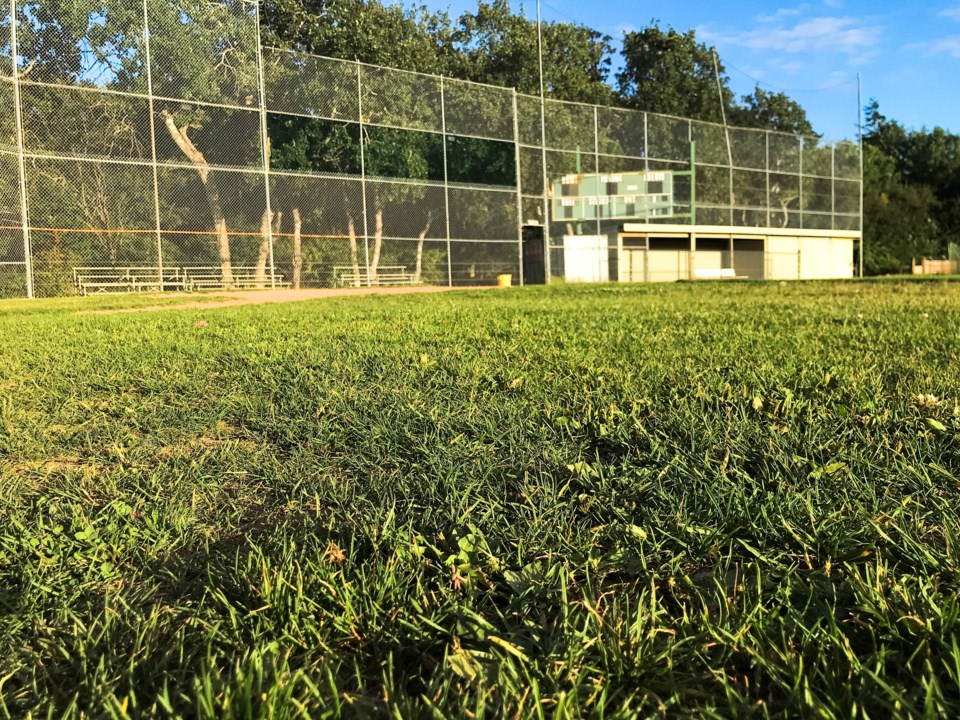B.C.’s government should introduce legislation to ensure further regulation of possession and use of illicit drugs in parks, beaches, sports fields and bus stops where children also gather, Union of BC Municipalities (UBCM) delegates voted Sept. 20.
A resolution passed at the annual conference noted that effective Sept. 18, 2023, a Health Canada exemption will be expanded to prohibit the possession of illicit drugs within 15 metres of any play structure in a playground, a spray park or wading pool, or a skate park.
"Currently, the province regulates where people can smoke tobacco, drink alcohol and use cannabis, but does not have rules about public use of other controlled substances," the resolution said.
UBCM executive member Laurey-Anne Roodenburg, a Quesnel councillor, said many municipalities have expressed concerns about the issue resulting in the resolution.
A further resolution not yet discussed asks the province to work with medical researchers, experts, local service providers, other key stakeholders and people who use drugs to determine a comprehensive, integrated, economically and geographically accessible, and evidence-based provincewide plan to better tackle B.C.’s toxic drug health emergency.
What that resolution suggest includes increasing safety by:
• rapidly delivering access provincewide to resources and services that will improve public safety, including drug testing, supervised consumption spaces and overdose prevention sites;
• quickly amending the Tobacco and Vapour Products Control Act to enable supervised consumption and other harm-reduction facilities to allow inhalation or smoking of drugs where operations can otherwise be demonstrated as WorkSafeBC-compliant; and,
• preparing for a review of the current three-year (Jan. 31, 2023 to Jan. 31, 2026) provincial decriminalization pilot program and the four-year federal Safer Supply Pilot Project to determine how drug policies and programs can be refined to better support people who use drugs throughout B.C.
The resolution also calls for a safer and tested drug supply therefore reducing users’ exposure to the often-fatal dangers of the illicit market.
One speaker said until each community has safe supply options, people using drugs would be pushed to the margins of society.
“We’re just going to see more deaths,” she said.


